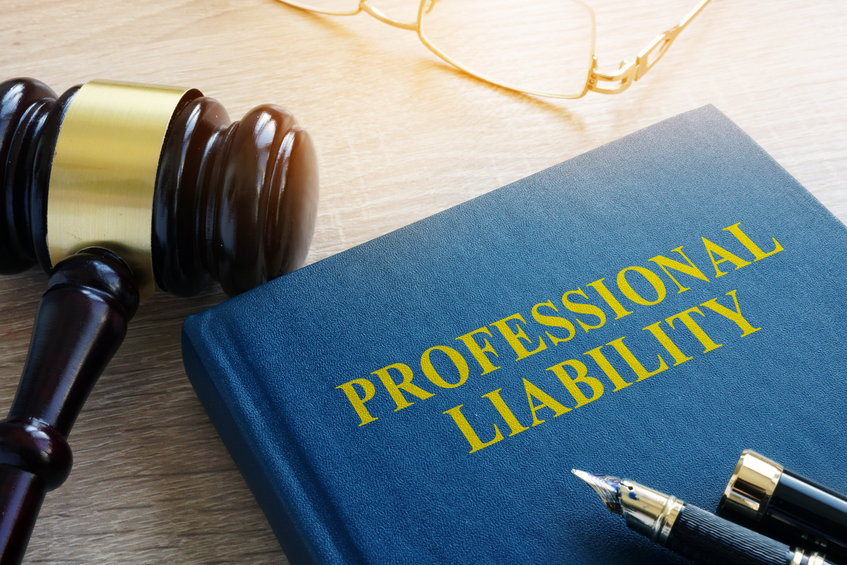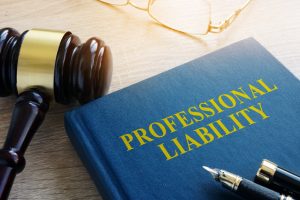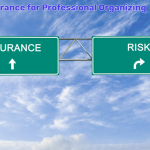
Professional Liability insurance is one of the most important basic protections that every small business needs.
The success of any business depends on how well you are regarded by your customers, for the products you supply, the advice you give, and the services you provide.
What Are You Looking For?
Choose and Get Your Free Quote:👇️
General Liability Insurance ->
Professional Liability ->
Product Liability Insurance ->
Commercial Auto ->
Workers Compensation ->
Commercial Property ->
Other Business Insurance ->
Good relations means more business, but you also need to be protected in case something goes wrong and your customer is dissatisfied with something you have done, or with the outcome of a transaction or contract.
All businesses need to prepare insurance for three different kinds of liability.
To understand the differences, it’s important to understand in the first place what is meant by the term “liability”.
A liability is defined in legal terms as “A legally enforceable claim on the assets of a business (that) results from a breach of duty or obligation by act or failure to act.”
Professional liability insurance is needed to protect you or your business in case a claim is made on you in those terms – a breach of duty, or failure to act.
Who needs Professional Liability insurance?
Professional liability insurance is also sometimes referred to as Error and Omission insurance, abbreviated as E&O.
The insurance protects small business owners and professionals like accountants, lawyers, dentists, and medical practitioners against claims initiated by their clients that allege negligence, misrepresentation or wrongful action.
Contractors offering services and products to state and federal government entities may be required by local laws or the terms of the contract to have this insurance.
Others such as electricians, plumbers, heating and air conditioning contractors, roof installers, and general contractors are some of the usual businesses that will need E&O cover.
E&O insurance should not be confused with contractors’ professional liability insurance, which specifically covers contractors engaged in construction management and design-build work.
What does E&O Insurance cover?
Professional liability is the term used to describe the liability professionals have for any act or omission that is in breach of a duty of care that they owe.
It is also known as professional negligence.
The potential liability is to compensate for damage caused by negligence.
In real life, any business or professional can be sued and held to be personally liable for claims made of malpractice, negligence, errors or omissions, violations of good faith or misrepresentations committed in the course of business.
What is a real-life example of a professional liability claim?
A marketing services company was contracted to send out bulk mail flyer advertising material for one very large customer.
The actual material was supplied by the client along with the mailing lists and all other information. The marketing services company was also supposed to measure the weight of an envelope in each batch so that postage costs could be calculated.
Usually, the marketing company checked the weight of the mail, but in one case under time pressure it relied on the client’s own information and after the mailout presented the bill based on that figure.
In fact, the envelopes were much heavier, and the actual charge from the US Postal service was substantially higher.
The contract between the marketing company and the client did not state whose responsibility the postage was, and when the extra postage account was presented to the client, they refused to pay, claiming misrepresentation.
The total loss was around $275,000, Thanks to having adequate Professional Liability insurance, the marketing company was able to recover the costs and to keep this important client happy, without having to resort to a court case.
A win-win solution that would not have been possible without good E&O insurance.
How much Professional Liability should you have, and what will it cost?
The most important thing you need to consider is how much risk your business is generating.
Obviously, it depends on many factors, such as the volume of business, the size of your typical business transaction, and the nature of your business. In almost all small businesses, a minimum Professional Liability cover of $100,000 is advisable.
It is certainly worth your while to talk to your bank, professional advisers or accountant to get some expert advice. As well, if you are looking to get work from local, state or federal bodies, you should take a much higher level of cover, up to $1 million, otherwise, you may not qualify for this business.
The cost of this insurance will depend on the location of your business, the type of activity, and your own claims history.
Generally, consultants, architects, and engineers have the most expensive rates, averaging $800 for the lower cover.
Lesser rates are normal for businesses like travel agencies, bookkeepers, and real estate brokers, usually having to pay between $500 and $600 per year. For a new business, rates will be higher generally, until you have built up a claims history and started to earn the maximum renewal discounts.
FAQ
How does the law define what damages you may be subject to if you are sued?
When a dispute reaches a court, it can decide what the damages to be awarded will be.
“Damages” refers to the amount of money the court can impose for a breach of some duty in professional liability.
Actual damages are intended to compensate the injured party for their loss. Punitive damages can be awarded to punish a wrongdoer, but this is rare in cases of professional indemnity except when it is proven that the breach was deliberate.
Do Professional Liability claims result in high awards of damages?
Because professional liability lawsuits involve alleged failures in a business’s specialist services, they can result in high damages awards for you or your company since ignorance or inexperience is not an acceptable argument.
For this reason, court’s are inclined to grant higher damages than they would in a case where both parties are equally qualified, such as a traffic accident.
Does E&O Insurance cover all types of business claims?
Most insurance companies include some specific clauses that exclude some types of actions that they will not insure you for.
Most common of these are:
- fraudulent, dishonest, criminal, malicious, or intentional acts. The definition of these may vary depending in the state where you have your business
- issues covered under other types of insurance, such as workers compensation, general liability, and others
- sexual harassment cases
- intentional wrongdoing on the part of the policy holder or an employee
- intentional damage to your own personal or company property
Are there differences between states in Public Liability coverage and rates?
The National Association of Insurance Commissioners (NAIC) serves as a vehicle for individual state regulators to coordinate their activities and share resources.
One of the functions of NAIC is to perform product regulation aimed at protecting consumers by ensuring that insurance policy provisions “are reasonable and fair, and do not contain major gaps in coverage that might be misunderstood by consumers and leave them unprotected”.
There is a process of rate review, but the rating rules and forms vary between the states depending on their own specific laws and regulations.
For personal insurance categories like E&O, roughly half of the states require insurers to file rates and to receive approval. In many states, rates are subject to a competitive rating approach under which regulators have the authority to disapprove rates if they find that competition is not working.










